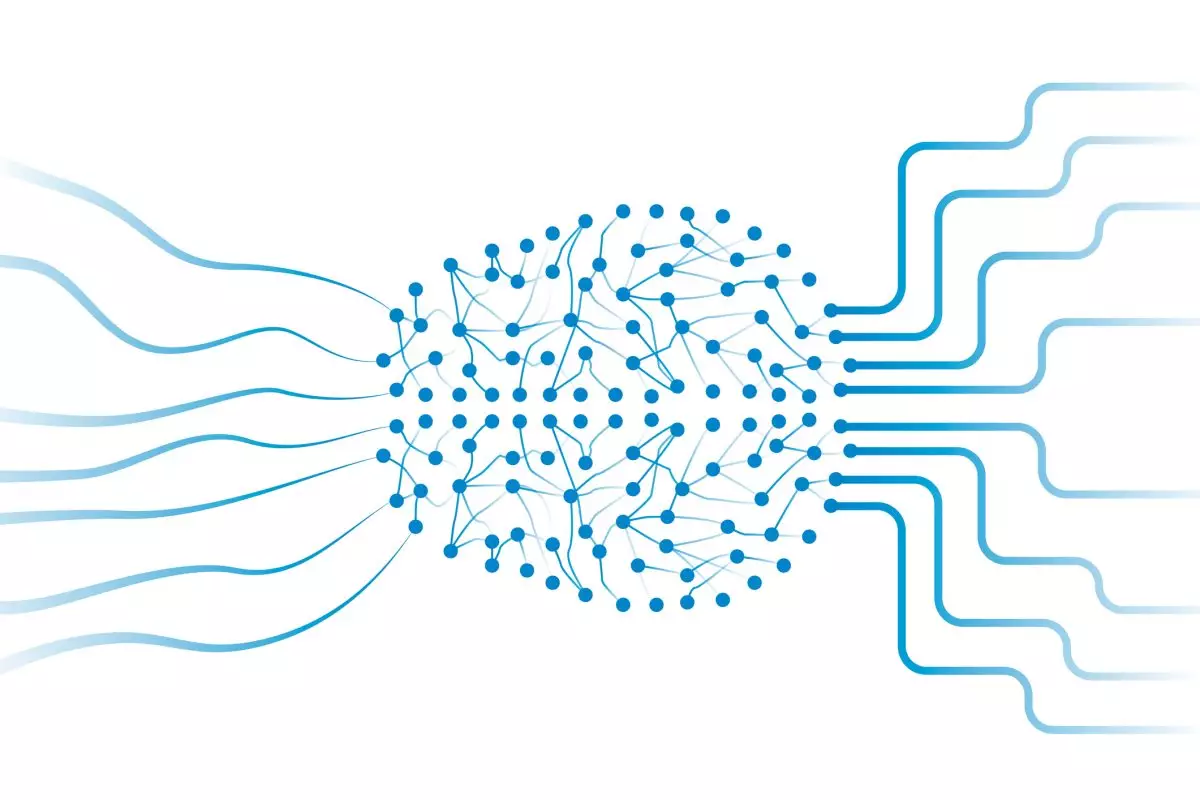The disparity between open source artificial intelligence (AI) initiatives and their corporate counterparts is stark, encompassing not just the sheer computational resources available but also fundamental differences in approach, transparency, and accessibility. This divide has sparked a passionate response from organizations like AI2, which strive to democratize AI training and post-training processes. The journey towards achieving genuinely open AI technologies is fraught with challenges, yet it is vital for fostering innovation and ensuring equal opportunities across the tech landscape.
At first glance, one might assume that the pre-training of large language models (LLMs) is the be-all and end-all of AI development. However, emerging perspectives within the AI community challenge this notion, emphasizing that the pre-training phase, while essential, is merely a stepping stone. Indeed, the conversation has shifted toward the significance of post-training validation and adjustment. Unlike the raw outputs of pre-training, post-training is where models can be refined into practical tools tailored for specific applications, whether that be therapy, research, or any other nuanced area.
Such models often begin as general-purpose repositories of information yet require a meticulous shaping process involving careful data curation and targeted adaptations. This post-training phase plays a pivotal role in transforming models from broad knowledge bases capable of producing problematic outputs—like misinformation or biased content—into nuanced instruments capable of more meaningful interactions and insights.
The corporate landscape of AI development often leans heavily toward secrecy, particularly when it comes to post-training methodologies. Key players in the industry, including giants like OpenAI and Meta, shield their processes behind layers of confidentiality. While they may advertise their models as open source or accessible, the reality is often much more restrictive. Potential users are left in the dark regarding how models are fine-tuned or customized for practical, real-world applications.
AI2 has emerged as a voice of reason in this context, advocating for a genuine commitment to openness within the AI development community. Unlike many of its counterparts, AI2 prioritizes transparency across all phases of model creation and implementation. By exposing their data collection methods and sharing the intricacies of their training regime with the public, AI2 creates a richer, more collaborative ecosystem for AI developers and researchers alike.
Recognizing the complexities of effective post-training, AI2 has developed a novel procedure called Tulu 3. This innovative framework is designed to address the intricate needs of AI developers while simultaneously enhancing the capabilities of LLMs. Tulu 3 builds on the foundations laid by its predecessor, Tulu 2, but offers a significantly improved process backed by rigorous experimentation and feedback.
AI2’s commitment to making post-training processes accessible is turning the tide against the dominance of major corporations in this arena. By reducing the technical barriers associated with custom model training, Tulu 3 empowers developers from diverse backgrounds to engage with and shape AI technologies according to their unique needs. This marks a significant shift away from dependency on proprietary solutions, fostering an environment where smaller entities or independent researchers can operate autonomously and innovate in ways that might have previously seemed unattainable.
The implications of democratizing AI training and post-training processes are profound, particularly within sensitive industries like healthcare and social services where data privacy and ethical considerations are paramount. Organizations may hesitate to share user data with proprietary services due to inherent risks, making AI2’s framework an attractive alternative. By providing a comprehensive, open-source toolkit for developing customized models in-house, AI2 encourages a more responsible approach to data utilization, minimizing exposure to third-party vulnerabilities while maximizing customization.
Moreover, as AI2’s methodology continues to evolve—tested against the open-source Llama framework with future iterations planned using their OLMo models—the potential for improved standards in ethical AI development increases. Establishing transparent practices could serve as a benchmark for others in the industry to emulate, leading to greater accountability and responsible AI use.
The trajectory of the AI landscape is poised for significant transformation. Organizations like AI2 are leading the charge towards a more transparent, collaborative, and accessible future for AI technologies. As they integrate their rigorous training methodologies into the broader field, they not only challenge the opaque practices of corporate giants but also pave the way for ethical, responsible AI development. The path forward emphasizes the essential balance between innovation, accessibility, and ethical responsibility, ensuring that the benefits of AI advancement can be shared across diverse communities and sectors.

